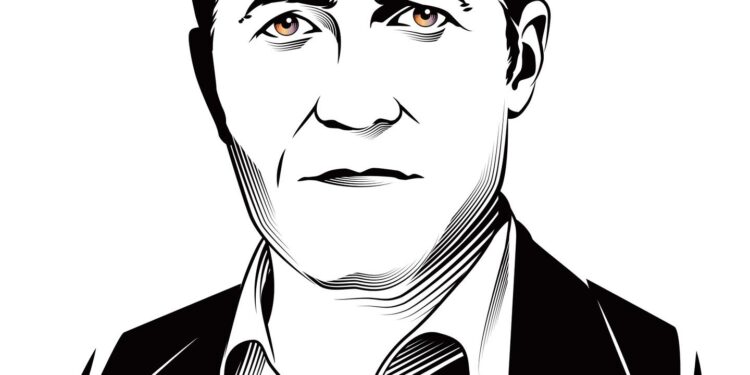A political scientist and professor of political theory at the Université Libre de Bruxelles, Paul Magnette is also president of Belgium’s Socialist Party, in a country with a “classic” parliamentary system. Speaking to Le Monde, he analyzes the difficult path to parliamentary democracy in France.
Since the parliamentary elections of 2022, and even more so since those of spring 2024, France’s political system has come to resemble that of European parliamentary countries. There is no longer a hyper-president, no longer a fait majoritaire, or outright majority, but an Assemblée without a clear majority, condemned to compromise. Yet France’s political class seems incapable of making this system work. Why?
The main difficulty lies in the discrepancy between the rules of the game, which in France are fundamentally majority-based and centered on the moment of the presidential election, and the necessities imposed by the new political situation. This rule of the game does not favor the prerequisites of a well-functioning parliamentary democracy: Little personification of power, large parties based on collective work, a culture of negotiation, the search for majorities that transcend political blocs…
Read more Subscribers only Political scientist Loïc Blondiaux: ‘In France, compromise is often considered a weakness’
In France, the two-round majority system, whether for the election of the president, MPs or local councillors, generates a culture that is the antithesis of that of parliamentary compromise.
In the current crisis situation, can MPs avoid the prospect of the next presidential election?
This election is so dominant, and the powers of the president so strong, that everyone has only this deadline in mind. Parties appear more and more like stables for the benefit of one person, and no longer as emanations of a worldview or interest groups seeking to influence public action. These parties are less stable over time, less rooted in the social body, which complicates normal parliamentary functioning.

First of all, there would have been no dissolution.
This exists in parliamentary systems…
Of course it does. But when it is used, it is to resolve a deadlock and is generally based on a consensus between the parties. It is not a matter of fait du prince. The Gaullist [Charles de Gaulle, 1944 – 1946] spirit of the Fifth Republic, with a directly-elected president who tries to establish a direct relationship with the people, rising above party politics, does not sit well with the logic of parliamentary life and coalition-building.
You have 73.41% of this article left to read. The rest is for subscribers only.
Source link : http://www.bing.com/news/apiclick.aspx?ref=FexRss&aid=&tid=6752802b32c34086bd0c899817e1d76c&url=https%3A%2F%2Fwww.lemonde.fr%2Fen%2Fopinion%2Farticle%2F2024%2F12%2F06%2Fpaul-magnette-leader-of-belgium-s-socialists-france-s-political-rules-make-parliamentary-democracy-very-difficult_6735345_23.html&c=4906430243000139166&mkt=de-de
Author :
Publish date : 2024-12-05 16:01:00
Copyright for syndicated content belongs to the linked Source.


